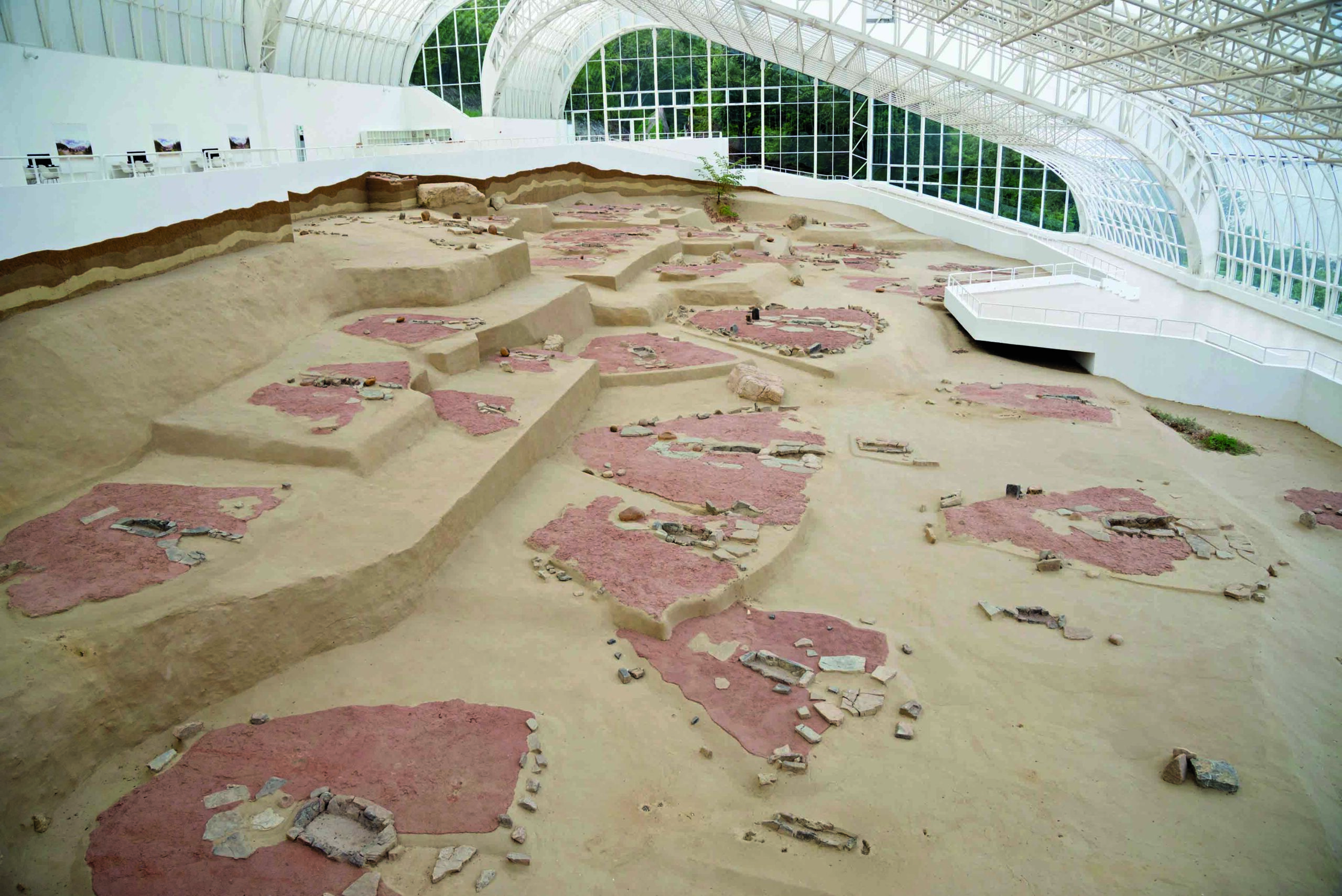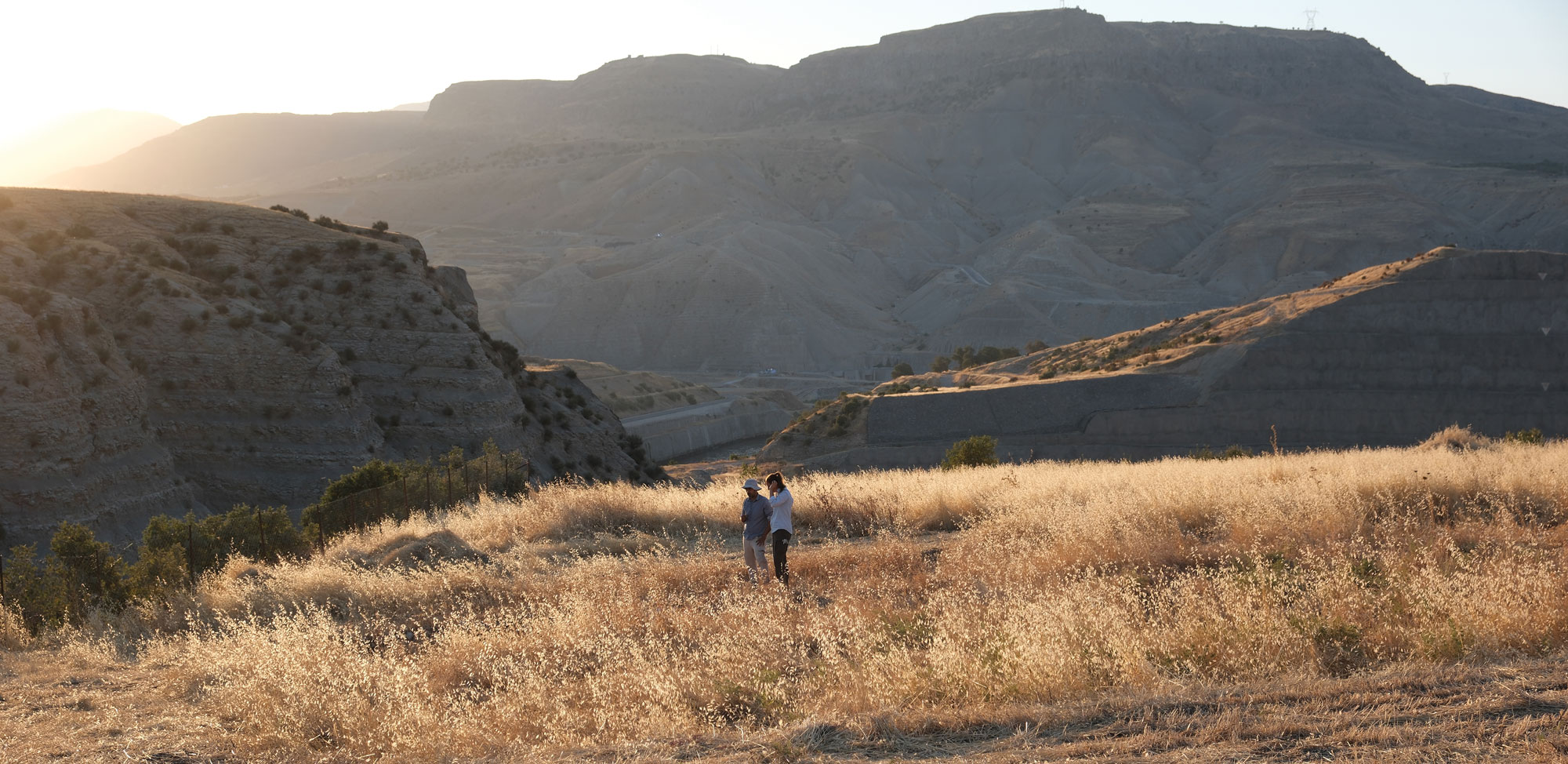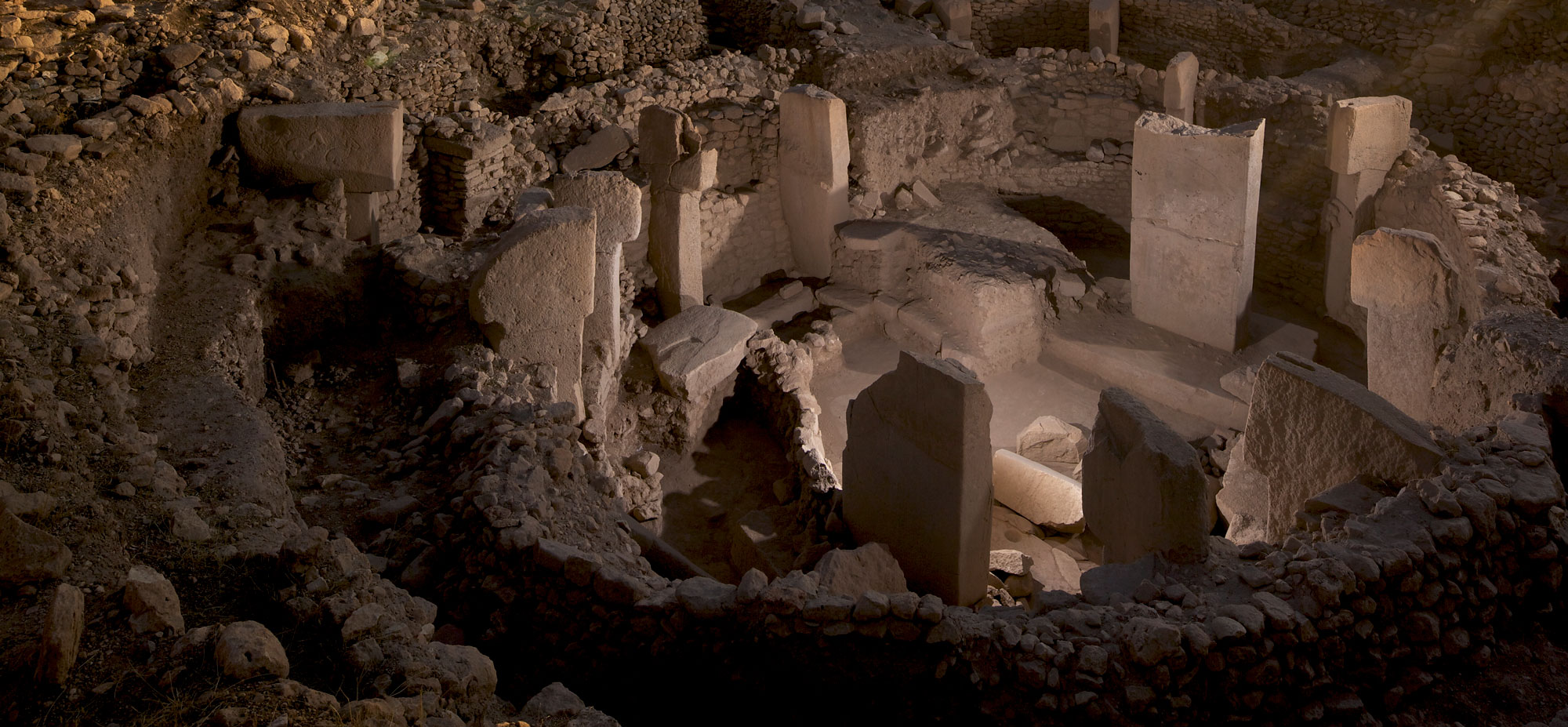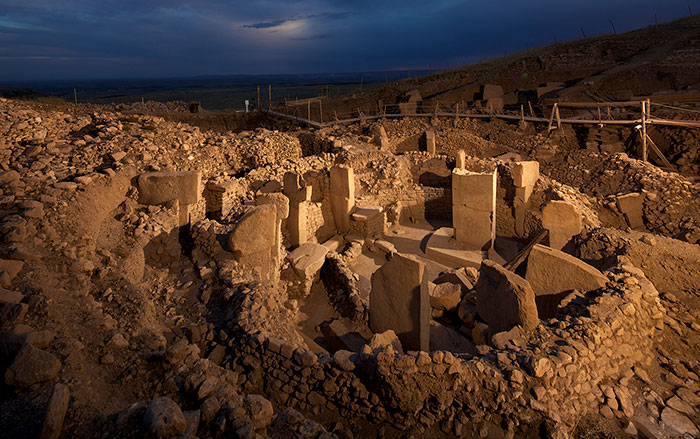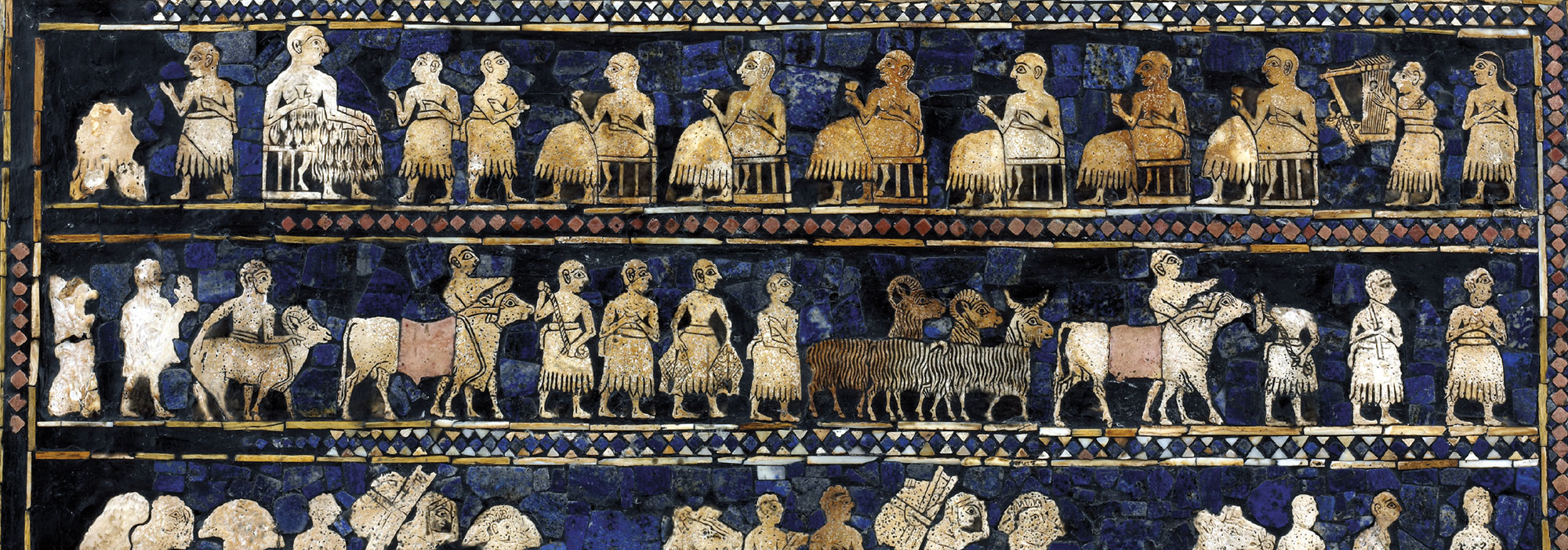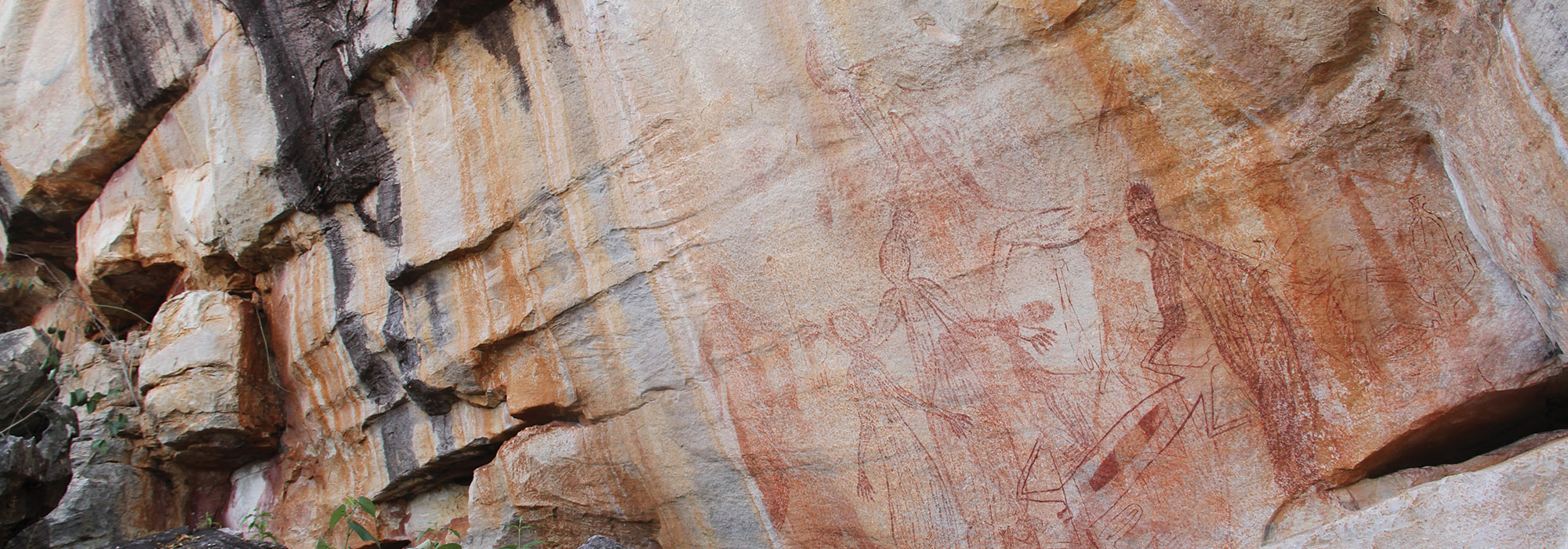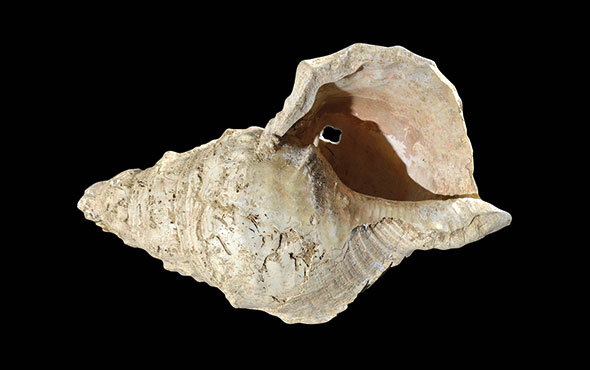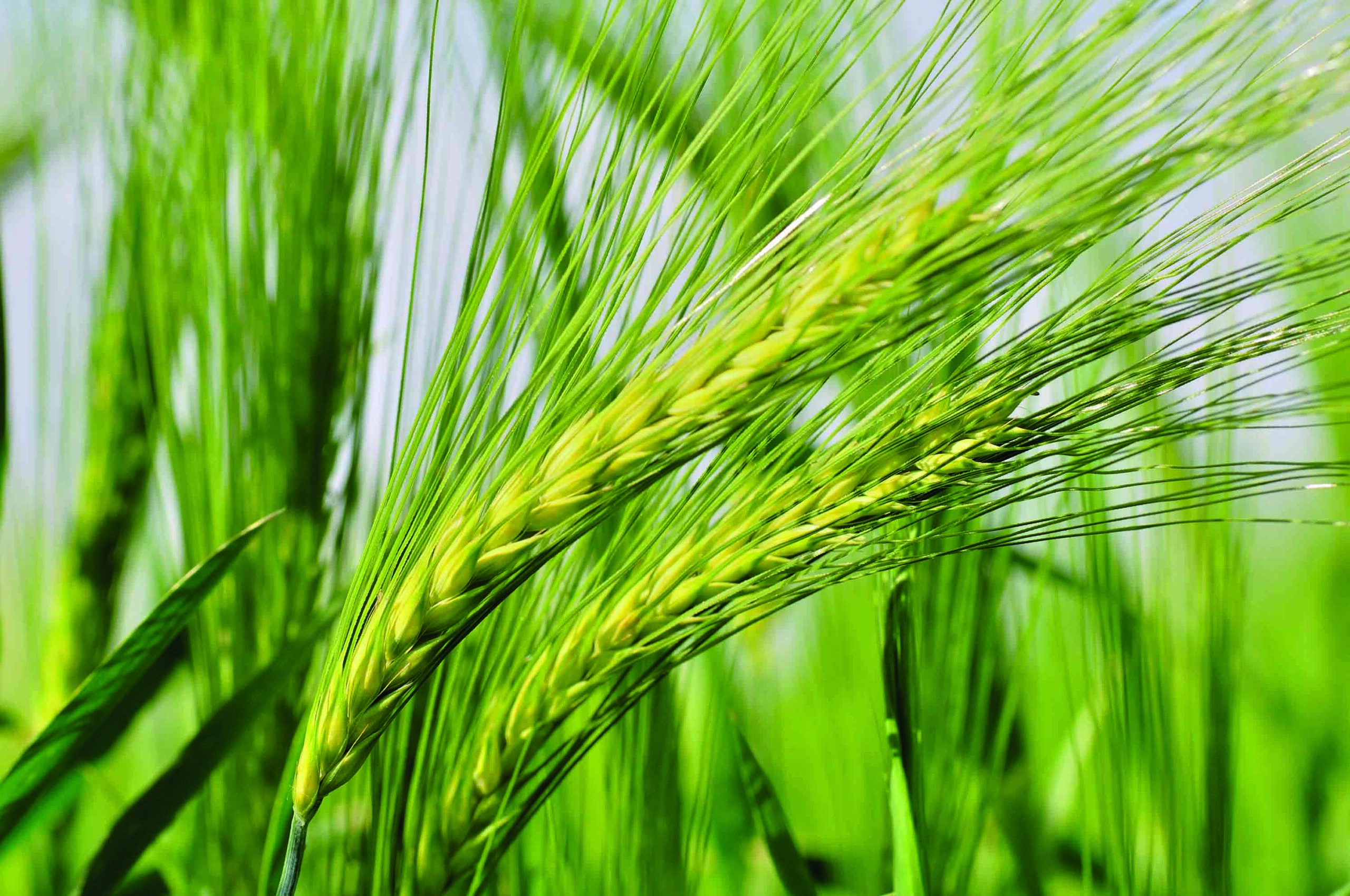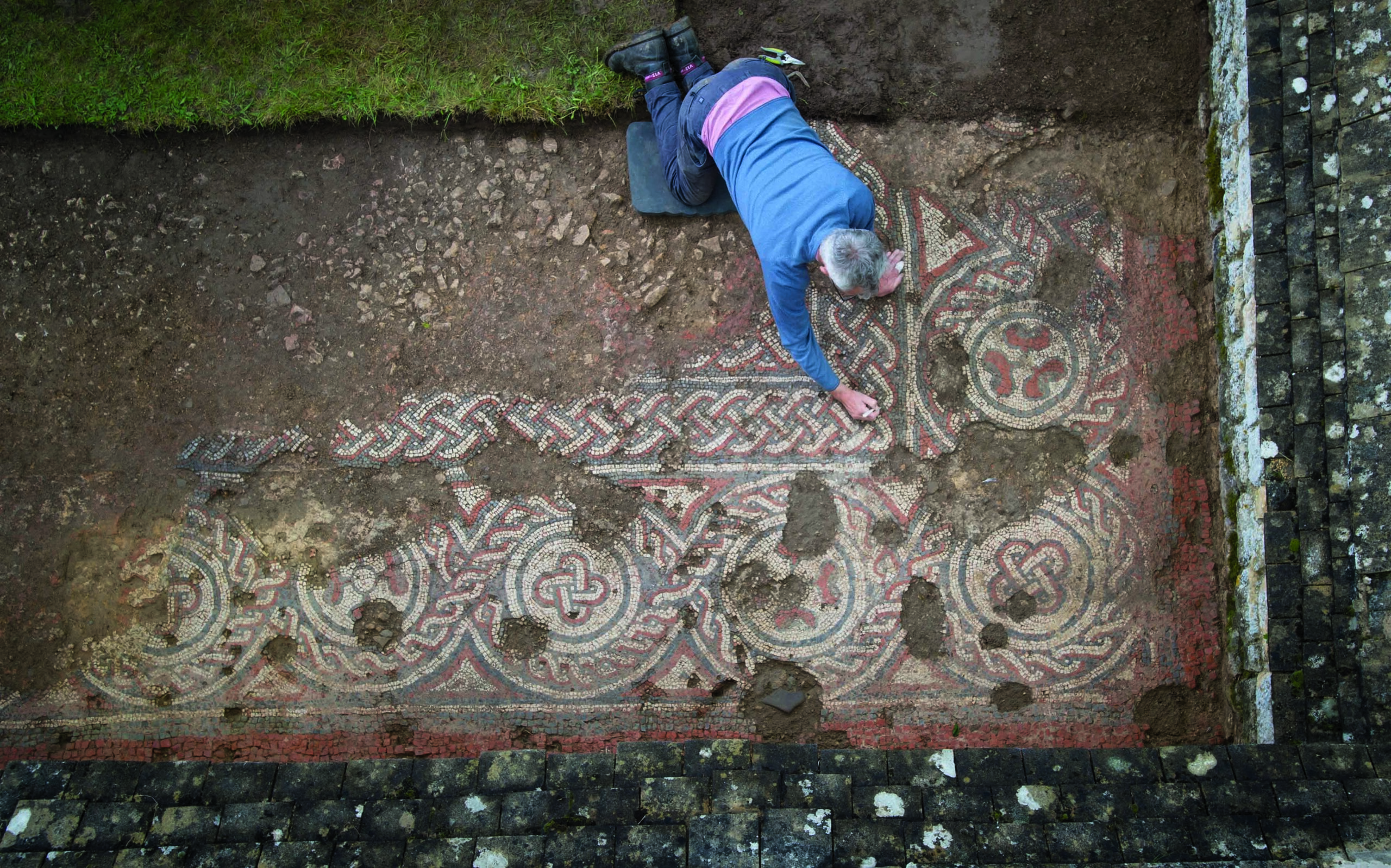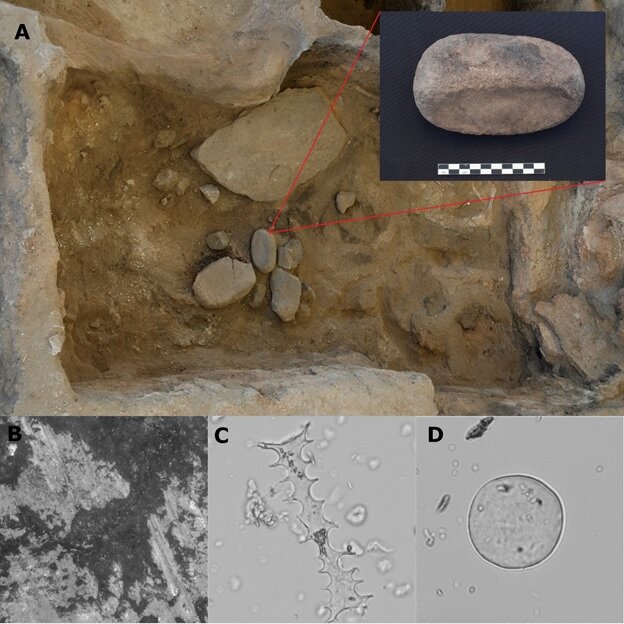
BARCELONA, SPAIN—According to a statement released by Pompeu Fabra University, evidence for the processing of wild plants at the Neolithic site of Çatalhöyük has been found by a team of researchers from Pompeu Fabra University and the University of Leicester. The researchers analyzed microscopic traces of plant residues trapped in pits and crevices on stone tools. In addition to wheat, oats, peas, and vegetables grown by the early farmers, the researchers found traces of wild tubers and wild millet seeds. This is the first time the presence of wild millet has been detected at the site. These foraged plants would have supplemented the diet, and indicate that the residents of Çatalhöyük possessed knowledge of the tubers’ seasonal cycles. The study also suggests that the tools were used for other domestic activities in addition to processing plants. Read the original scholarly article about this research in PLOS ONE. To read about a revolutionary technique for radiocarbon dating ceramic artifacts from Çatalhöyük, go to "Carbon Dating Pottery," one of ARCHAEOLOGY's Top 10 Discoveries of 2020.


